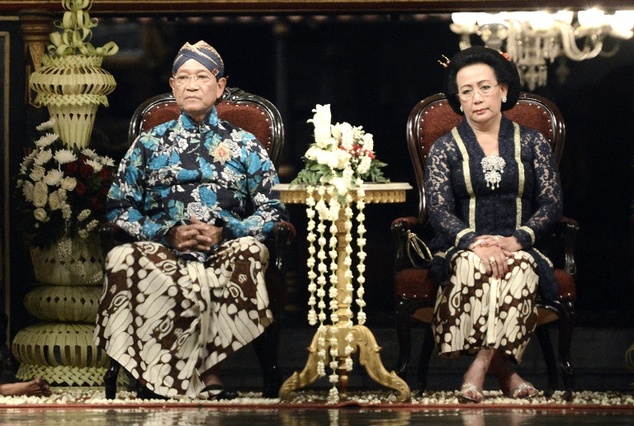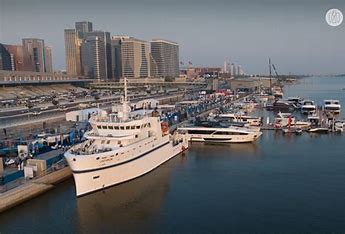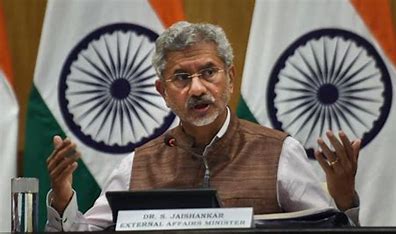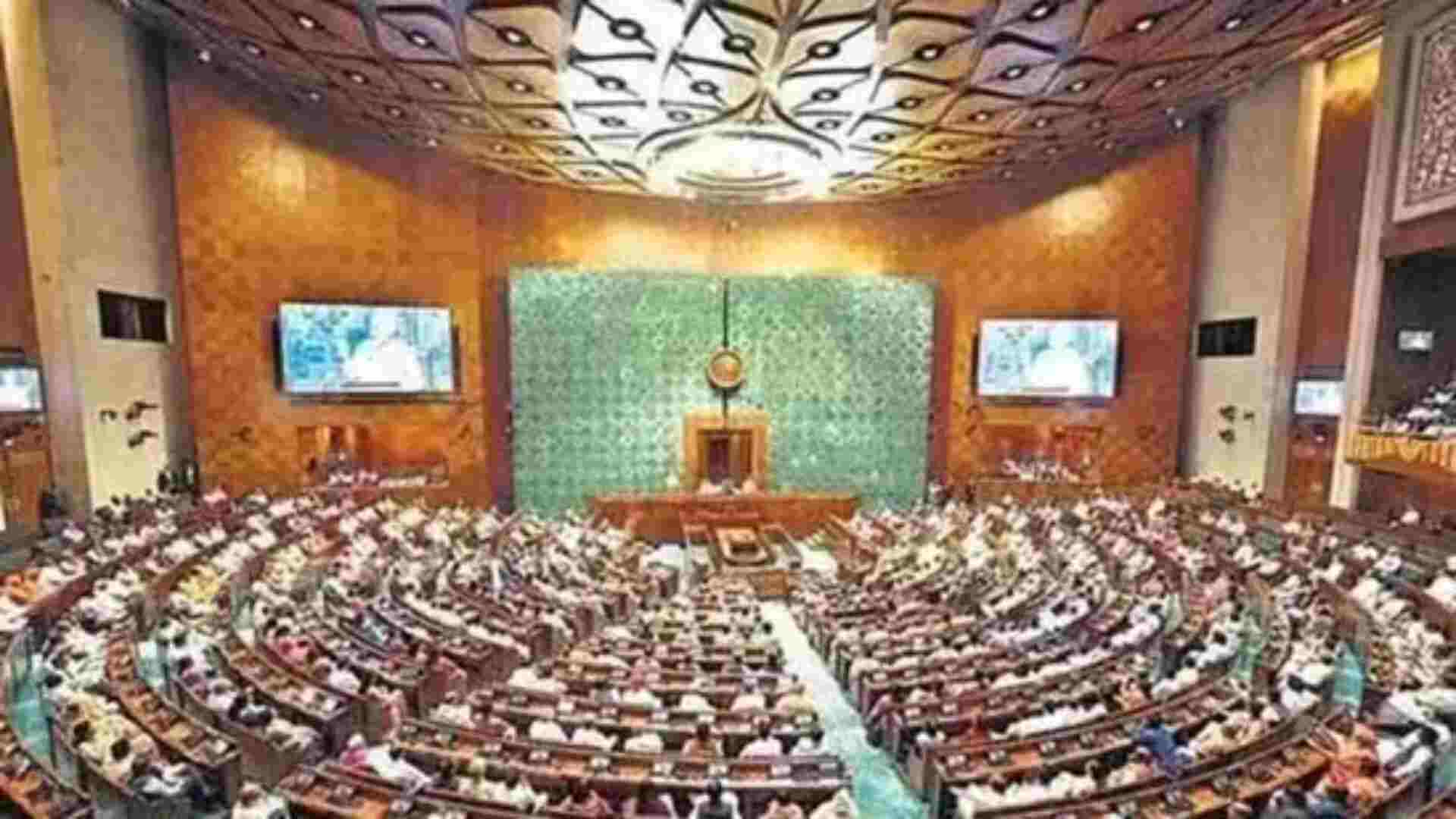
The success of Yogyakarta’s bid to be recognised as a UNESCO Historical City Centre would benefit Indonesia’s last remaining sultanate.
Yogyakarta’s historic Malioboro Street had it all — food, snacks, shopping and a place for locals and tourists to pass some time, weaving through horse carriages and onto the shady pedestrian street packed with colourful stalls.
But in January last year, Sultan Hamengkubuwono X, governor of the Indonesian province of Yogyakarta, announced the relocation of the more than 1,800 street traders who had been a staple of the street since 1976.
The sultan told local media the land belonged to the government and the move was 18 years in the making.The traders on Malioboro Street were an iconic Yogyakarta cultural tourist attraction.
By March 2022, they had all relocated to two new areas despite the prospect of much lower revenues and hotter temperatures under corrugated roofing.The relocation was due to the local government’s bid for acknowledgement by UNESCO as a ‘Historical City Centre’. Submitted by the local government in 2017, its status is still pending. Receiving UNESCO status would reaffirm the sultan’s legitimacy among his people. It would also mean being able to ask for a bigger slice of the national government’s budget for city preservation works.
Indonesia is an electoral democracy — all public leadership positions are competitively elected by the people, from the president to the head of a village.All except in the province of Yogyakarta where the governor is the incumbent sultan of the Hamengkubuwono family bloodline.
Yogyakarta gained official special privileges under Indonesian law in 2012 allowing it to administer “government affairs under the framework of the Republic of Indonesia”, as a token of respect for the role of the late Sultan Hamengkubuwono IX in the war for Indonesian independence from 1945 to 1949.
The Yogyakarta sultanate is the last remaining, out of the 278 kingdoms and aristocracies that existed when the Japanese invaded Indonesia in 1942, to hold political power.
Since 2012, the Yogyakarta Sultanate can now also legally own land, while other aristocracies and traditional institutions cannot own land under Indonesian law.During Indonesia’s early decentralisation period from 2005 to 2015, former kingdoms and traditional leaders, benefiting from historical loyalty, put forward their names to become local leaders under Indonesia’s new democratic structure of governance.
While some were successful in being elected to the executive and legislative branches of government, their support was mostly temporary without a strong political and economic understanding of democratic governance.
With his concentration of cultural and political power following the 2012 law change, the sultan can implement policies without much resistance.The sultan also does not allow Chinese Indonesians to own land across the province, which is against national discrimination law.















